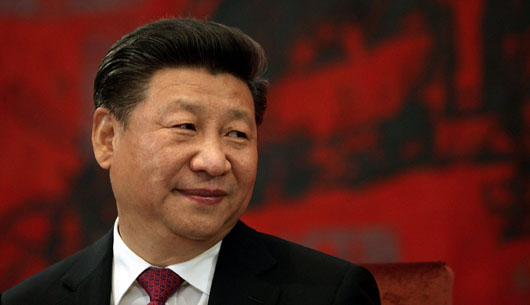by WorldTribune Staff, July 11, 2017
China is continuing to reinforce its Great Firewall.
In an effort to close a major window to the open Internet, the government in Beijing has instructed state-run telecommunications carriers to block Chinese citizens’ access to virtual private networks (VPNs) by Feb. 1.

The telecoms, which include China Mobile, China Unicom and China Telecom, will block people from using VPNs, services that skirt censorship restrictions by routing web traffic abroad, people familiar with the matter, who asked not to be identified, told Bloomberg in a report published on July 10.
“The clampdown will shutter one of the main ways in which people both local and foreign still manage to access the global, unfiltered web on a daily basis,” the report said.
As part of President Xi Jinping’s “cyber sovereignty” campaign, government regulators are now cracking down on any circumvention of the Great Firewall, which blocks a slew of outside information sources.
China’s Ministry of Industry and Information Technology in January said it would step up enforcement against unauthorized VPNs.
VPNs are widely used by businesses and individuals to view banned websites.
According to the Bloomberg report, the popular network GreenVPN notified users it would halt service from July 1 after “receiving a notice from regulatory departments.” It didn’t elaborate on the notice.
It’s unclear how the new directive may affect multinational companies operating in China, which are already subject to “stringent requirements on the transfer of data” that “may give Beijing unprecedented access to their technology,” the report said.
Companies operating on Chinese soil will be able to employ leased lines to access the international web but must register their usage of such services for the record, the people familiar with the matter said.
“This seems to impact individuals” most immediately, said Jake Parker, Beijing-based vice president of the U.S.-China Business Council.
“VPNs are incredibly important for companies trying to access global services outside of China,” Parker said.
“In the past, any effort to cut off internal corporate VPNs has been enough to make a company think about closing or reducing operations in China. It’s that big a deal.”
Letters to the Editor __ Subscribe to Geostrategy-Direct __ Support Free Press Foundation
